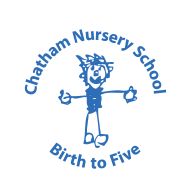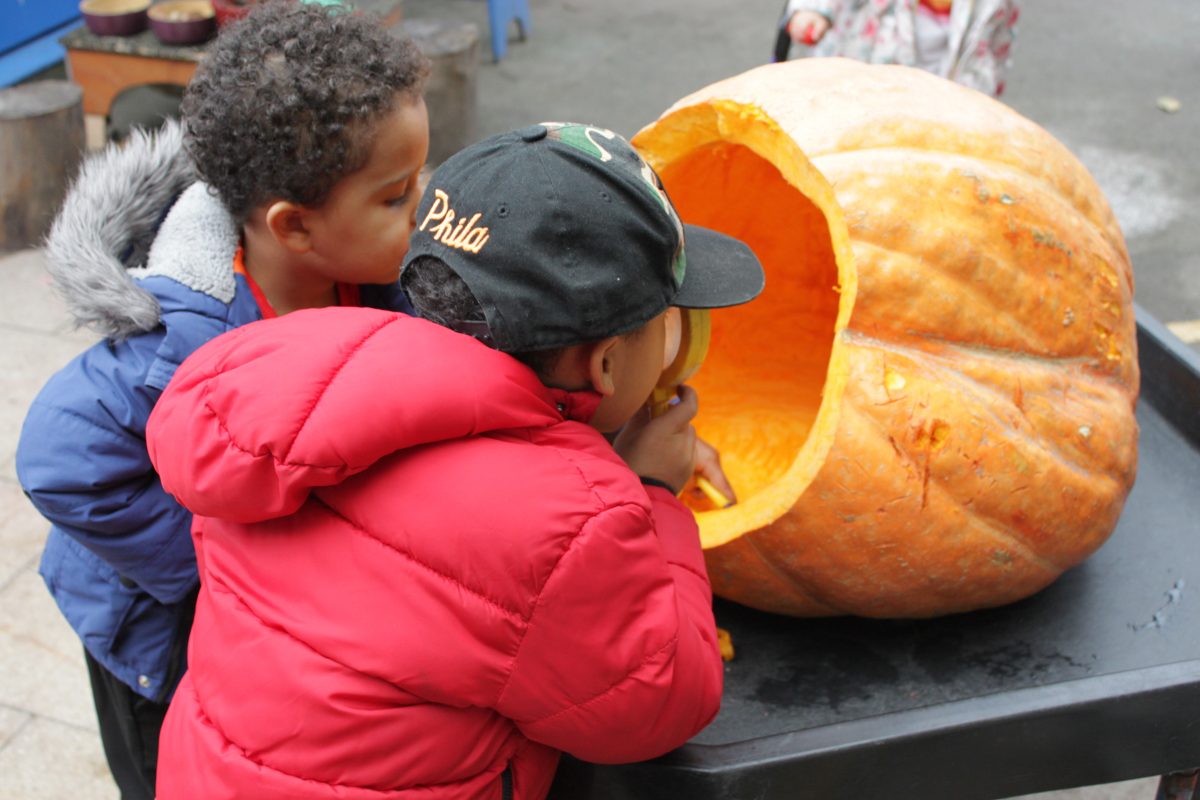Long term curriculum
Each class has created a curriculum map to sequence and organise our learning for the year. This is so that we can make sure children can progress in all 7 areas of learning. We want every child to be happy, confident and independent learner.
Oak Tree Curriculum Map 2024-25
Maths curriculum overview Oak Tree
At Chatham Nursery we support all children to become confident, curious, resourceful, determined, independent thinkers who are able to form meaningful relationships and make a positive contribution to the nursery community and beyond. We recognise that children’s wellbeing is crucial to a child’s ability to access new learning. We do this through a carefully planned curriculum which embraces and celebrates diversity and supports the pupils’ spiritual, moral, social and cultural development. This curriculum encompasses several elements including the people, routine, environment, experiences and opportunities.
People
Parents & carers are children’s first and most enduring educators. When staff and parents work together in early year’s settings, the results have a positive impact on children’s development and learning.
The key person supports the child to develop through all areas of learning and at times will support with physical needs too, helping with issues like toileting and dressing. That person is a familiar figure who is accessible and available as a point of contact for parents and one who builds relationships with the child and parents or carers.
Routine
Our daily routine provides a flexible framework within which your child will feel safe and secure. There will be lots of opportunities for child initiated play, some adult led teaching, co-curricular experiences, and social time. Through the daily routine there are many opportunities to solve problems and become creative learners
Child initiated play is play that is decided upon by your child’s own motivation and provides many opportunities to extend their learning. Adults support the children, play alongside them while modelling skills, introduce new vocabulary, add new ideas, pose problems, respond to conflicts in a positive way and help your child remain focused on their play.
Each day your child will also take part in short adult led small group activities. They are playful activities which will engage the children. Adults will work with your child within a small group of children focusing on activities which are based on their observations of your child’s needs and interests during child-initiated play. Materials and resources used in these sessions are then fed into the continuous provision for the children to repeat and consolidate their learning.
These small group activities are:
Language Enrichment Groups are small groups that are planned to enrich the children’s language, centered around their interests, current ‘theme’ or everyday essential vocabulary. Having dedicated sessions provides opportunities to explore and learn new vocabulary, promote discussions through questions, and review language that the children already know.
Phonics Groups are small groups with a focus on Phase 1 Phoncs. Phase 1 Phonics is a crucial foundation for children’s language development, as it focuses on building key listening and speaking skills that are essential for later reading and writing. Through fun and interactive activities like listening to sounds, singing rhymes, and exploring different noises in their environment, children learn to distinguish between sounds, which is the first step in understanding the structure of words.
Maths Groups are small groups designed to help children improve their maths skills. In these groups, we focus on building a strong foundation in basic number skills and encouraging flexibility in applying what they’ve learned to various problems and situations. As children progress, we gradually introduce more challenging concepts while reinforcing the skills they have already developed. Our goal is to ensure that every child becomes confident and fluent in their mathematical abilities. Our curriculum is designed around the White Rose Maths Mastery Framework and is sequenced from our two year old room (Little Acorns) through to our preschool room (Oak Tree). You can find more information here: Maths Mastery Early Years (Nursery)
The children at Chatham Nursery School benefit from weekly co-curricular activities held at St Hugh’s school and these include Early Years Sports specialist Martin Lancaster, dance lessons, Time2sign sessions (British sign language) and forest school sessions.
Lunch time offers a valuable opportunity to support children’s development in a range of areas of learning particularly, Personal Social and Emotional, Communication and Language and health and hygiene.
Environment
The environment, both indoors and outdoors is comprehensibly planned to provide learning opportunities for children across all areas of learning. Research has proven that having time outdoors and in natural spaces improves well-being, builds self-worth and reduces stress.
The areas of provision are located in the same place every day and all are clearly labelled to enable your child to make informed choices, develop confidence, independence, and encourage them to take care of their nursery and to build on their previous learning.
An emotional environment is one that promotes emotional wellbeing and provides stability for the children according to their individual needs. A good emotional environment will provide the children with: adults who will provide them with emotional support, understanding their feelings and showing empathy.
Enhancements
Enhancements are additional experiences and resources that supplement continuous provision and may include interactive displays, outings and visitors to the nursery. Resources used to support small group time activities can also be added to enhance provision. Conversations with parents and families about your child at their home can also lead to enlivening the provision and make it meaningful for the child.
To facilitate a broad varied and learning experience Chatham welcomes a variety of visitors from live musicians, theatre companies, story tellers, professionals from all walks of life, farm animals, exotic animals, birds of prey and much more!
Chatham Nursery School has an ongoing commitment to the natural world . We have own small purpose-built allotment where children will develop a sense of awe and wonder about the natural world.We know that being connected with nature has a positive impact on children’s well being.
Chatham has its own minibus. This offers the children unique opportunities to travel in small groups to local places of interest. Each visit is fully risk assessed and all minibus drivers have the MIDAS qualification.

